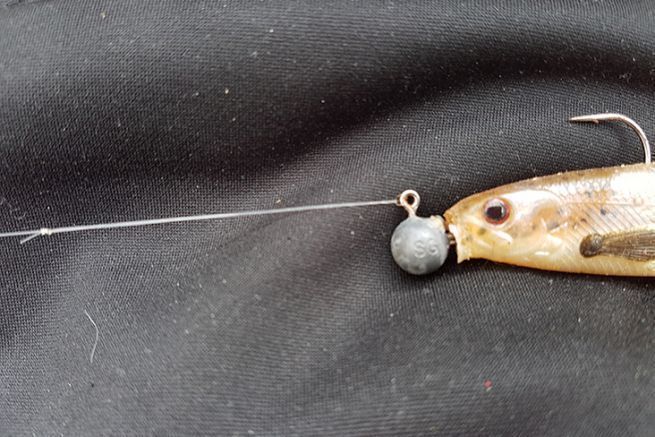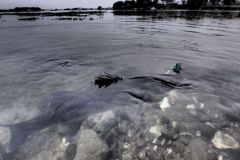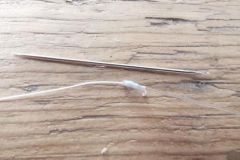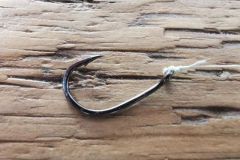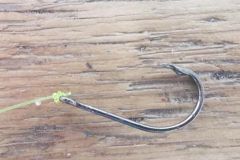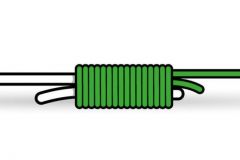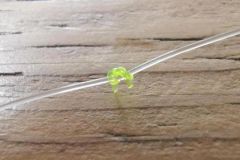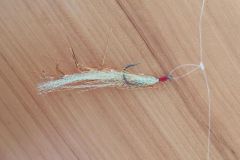Two possibilities
When I fish with a fine line, I cannot use the staple knot i don't use the spoon knot, because I can't loosen it or worse, it might slip out. I don't use the spoon knot either, I only use it to tie my staples, when I use them. But to tie my lures I prefer to use two other knots which are the sliding loop (or knot) or the "Rapala". However, if you don't use a staple, you should ban and remove the broken rings that are used to tie your lures.
The slipknot
This is an extremely simple knot to make, but it has the advantage of being quickly undone to change lures. You start by making a loop with your leader.
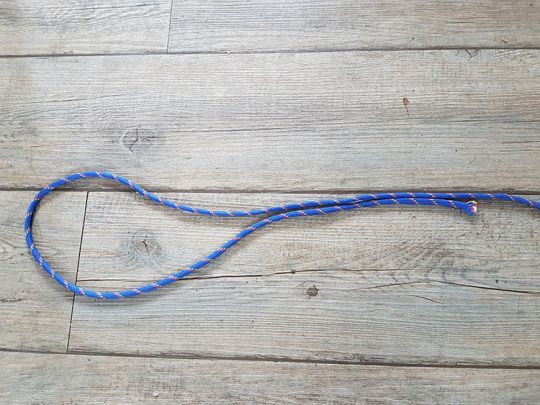
Then, we tie a double knot with the latter.
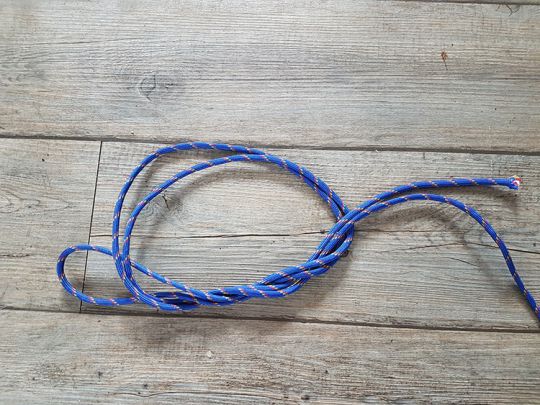
Tighten the double knot to lock the loop (tighten slowly and do not forget to moisten the line).
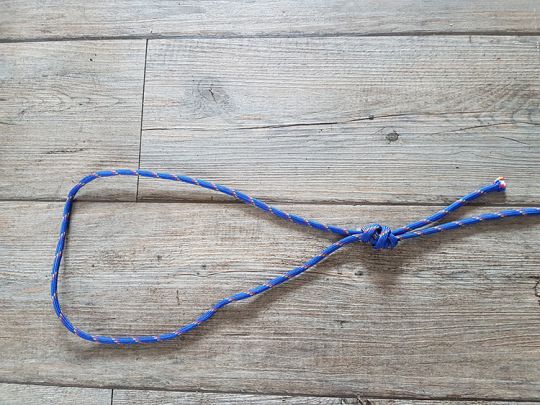
Once you've tied the loop, you pass it through the lure's eyelet, then pass the lure through the loop.
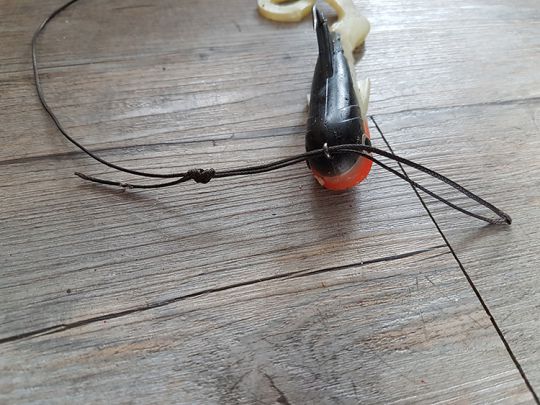
This one will close and remain blocked with the tension. But it will be easy to loosen it to change the lure.
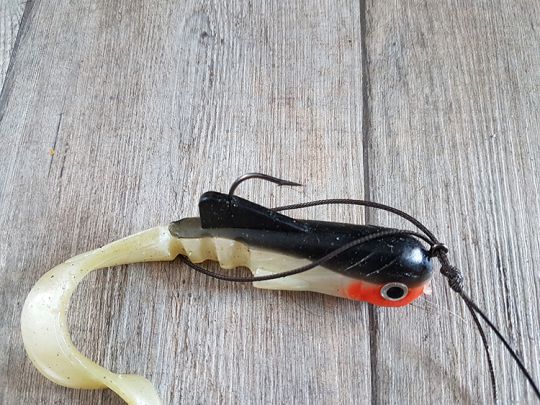
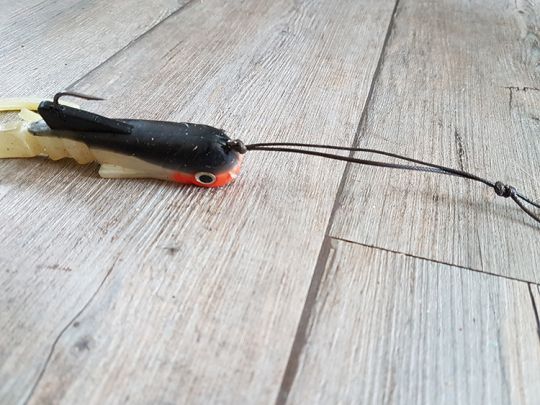
The "Rapala" knot
In order not to restrict the lure's swimming action as with the spoon knot, we use the "Rapala" knot. It allows the lure to swim freely and is specially adapted for swimming fish. To tie this knot, start by making a simple knot a few centimeters from the end of the leader.
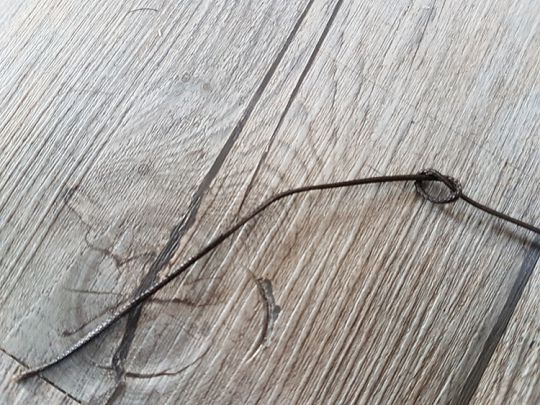
Pass the tip of the leader through the lure's eyelet and into the single knot.
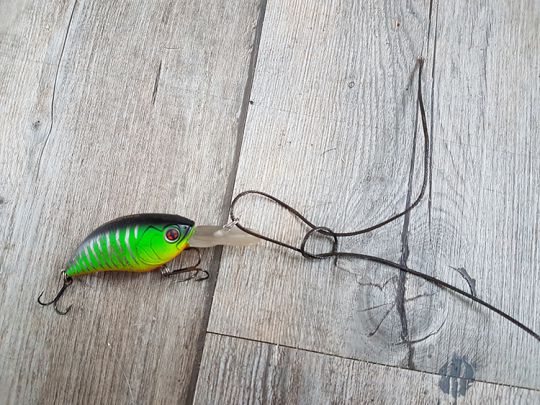
Always with the end that we passed in the simple knot, we make 4 turns around the leader and we pass again in the simple knot.
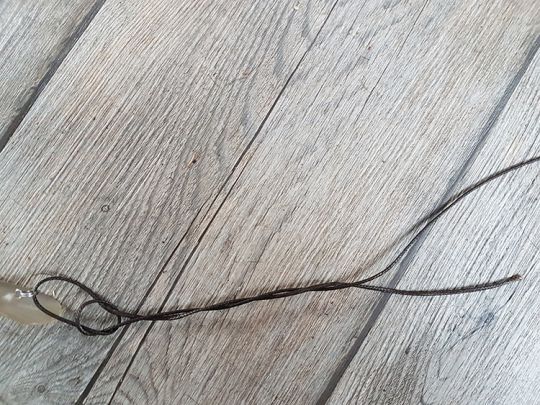
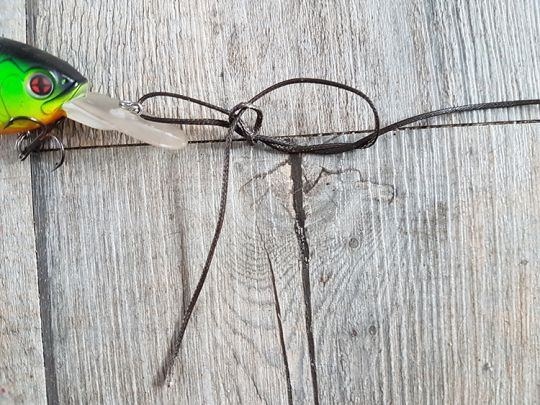
To finish, we pass the end again in the loop which we have just created by turning around the leader.
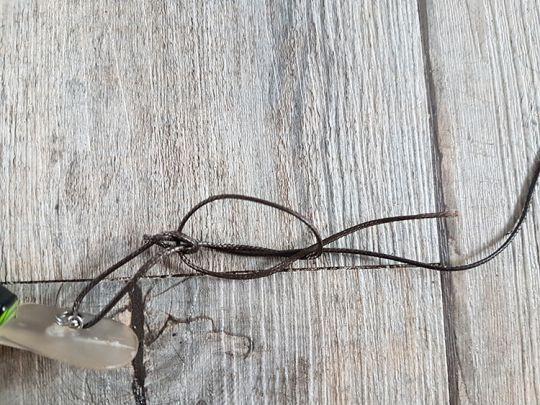
All that's left is to moisten the whole thing to tighten the knot.
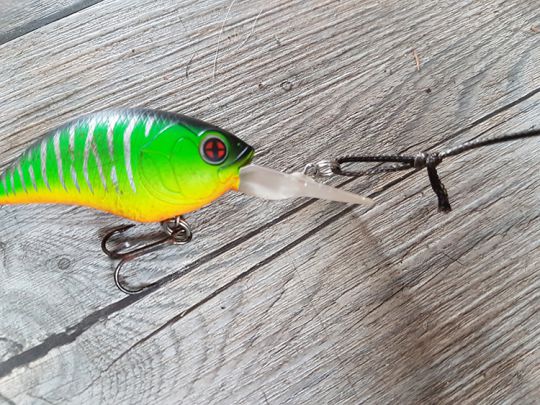
This creates a small loop that is securely attached to the lure's attachment.
